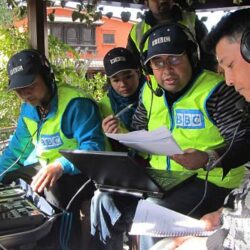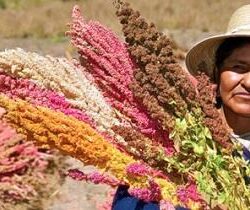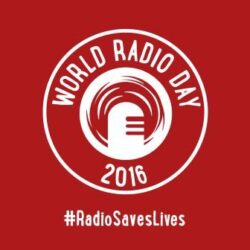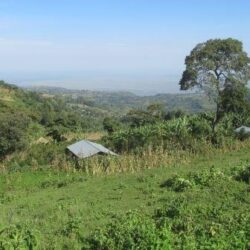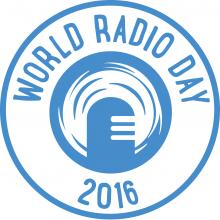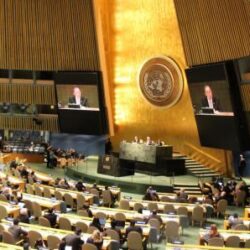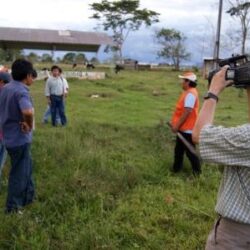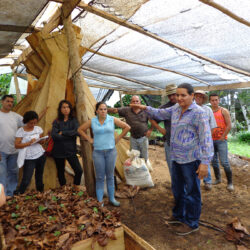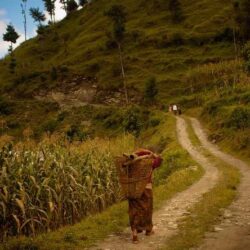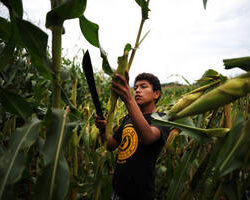BBC Media Action offers Lifeline Programming course
A free, online Lifeline Programming course has been made available via BBC Media Action iLearn website. This course show journalists and editors how media can best help their listeners and viewers during a humanitarian crisis. The course lasts for 45 minutes, and includes interactive modules on ‘communicating during crises’, ‘connecting with audiences’, and ‘working with the humanitarian sector’. The aim of Lifeline Programming is to alleviate people’s suffering and to assist with their

